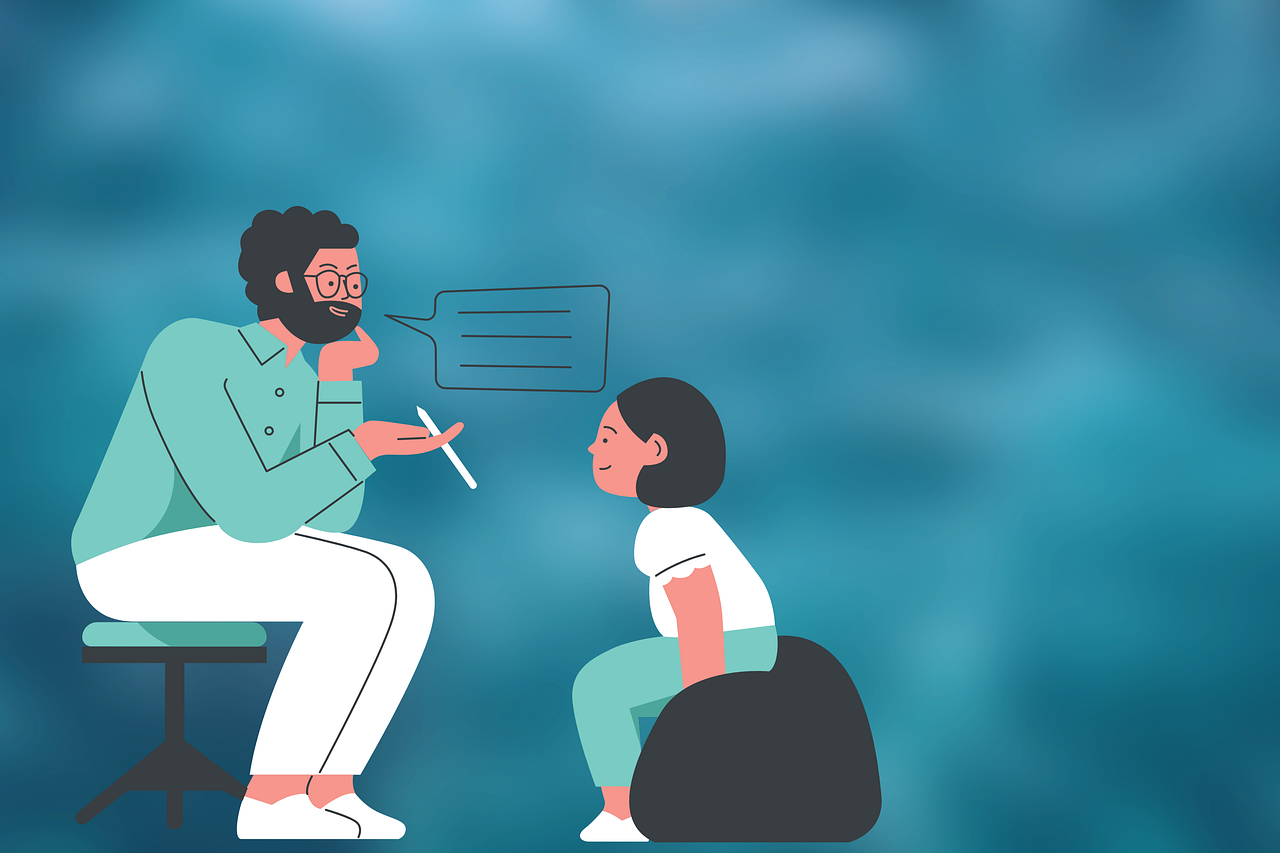Starting online psychotherapy USA can be a daunting prospect, especially for those who have never done it before. The idea of opening up to a stranger about deeply personal thoughts and emotions may seem overwhelming, and fear of judgment or discomfort can make it even harder to take the first step. However, therapy can be a life-changing experience, offering support, understanding, and practical strategies for improving mental health. If fear is holding you back from starting therapy, it is important to explore where that fear comes from and how to move past it.
Understanding the Fear of Therapy
There are many reasons why someone might be afraid to start therapy. One of the most common fears is the fear of vulnerability. Many people struggle with the idea of exposing their emotions and past experiences, especially if they have spent years keeping their feelings bottled up. Therapy requires honesty and self-reflection, which can be intimidating.
Another common concern is the fear of being judged. Some individuals worry that a therapist will think they are weak, dramatic, or beyond help. However, therapists are trained professionals whose purpose is to provide a safe and non-judgmental space for clients. Their role is to support and guide, not to criticize or shame.
There is also the fear of change. Therapy often leads to personal growth and new perspectives, but change can be uncomfortable. Some may worry about how therapy will affect their relationships or force them to confront painful truths they have been avoiding.
Overcoming the Fear of Therapy
The first step in overcoming the fear of therapy is acknowledging that fear is natural. It is okay to feel nervous about something new and unfamiliar. Recognizing that these fears are common can help normalize the experience and reduce feelings of isolation.
One way to ease into therapy is by doing research. Learning more about different types of therapy, the role of a therapist, and what to expect in a session can make the process feel less intimidating. Many therapists offer initial consultations, which allow clients to ask questions and determine if they feel comfortable before committing to regular sessions.
Another helpful approach is to start small. Some people find it easier to begin with online therapy or text-based counseling before transitioning to in-person sessions. Others may choose to talk to a trusted friend or journal about their feelings as a way to practice opening up.
It is also important to remind oneself that therapy is a personal journey. There is no right or wrong way to engage in it, and it is okay to go at one’s own pace. If one therapist does not feel like the right fit, there are many others available. Finding the right therapist can make all the difference in feeling safe and supported.
The Benefits of Therapy
Despite the initial fears, therapy can provide significant benefits. It offers a space for self-exploration, emotional healing, and problem-solving. Therapy can help individuals develop healthier coping mechanisms, improve their relationships, and gain a deeper understanding of themselves.
Furthermore, seeking therapy is a sign of strength, not weakness. It takes courage to ask for help and to face one’s struggles head-on. By taking that first step, individuals open the door to personal growth and a healthier, more fulfilling life.
Being afraid to start therapy is completely normal, but fear should not be a barrier to seeking help. Understanding the source of the fear, taking small steps, and remembering the potential benefits can make the process less intimidating. Therapy is a powerful tool for mental well-being, and taking that first step—even if it feels scary—can lead to positive, lasting change.


